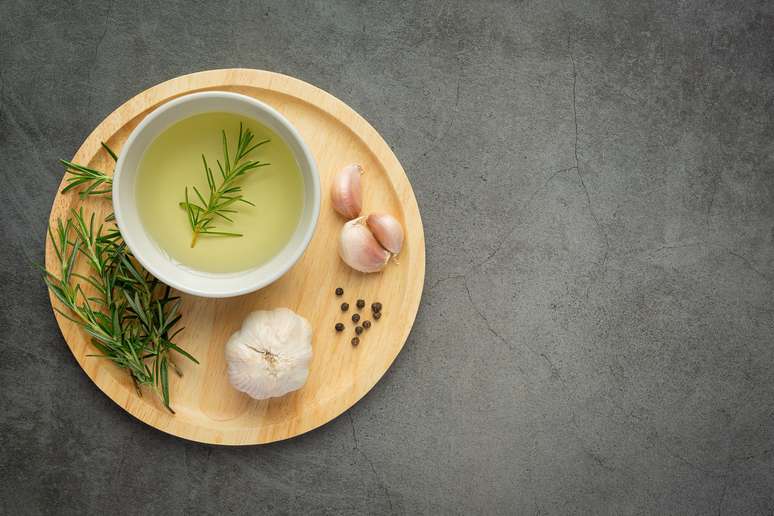Find out how regular consumption of this ingredient promotes health and helps prevent problems
Pepper is an ingredient widely used in the cuisine of different cultures and countries around the world. In addition to providing a distinct flavor and characteristic spiciness, it also offers health benefits. Therefore, it not only enriches dishes with a unique touch, but also contributes significantly to overall well-being.
Next, discover the 5 benefits of pepper and how to include it in your diet!
1. Antioxidant action
Peppers are rich in it natural antioxidants, such as vitamins A and C and flavonoids, which help fight free radicals in the body. “The cells of our body are constantly subject to toxic damage due to the formation of free radicals, which come from reactions that take place in the cell membrane and are responsible for the onset of various diseases and degenerative processes in the human body”, explains cardiologist Bruno Vincita . In this way, pepper consumption can help reduce the risk of chronic diseases, such as heart and neurodegenerative diseases.
2. Anti-inflammatory properties
Capsaicin, the active compound in peppers that gives them their spicy flavor, has anti-inflammatory properties. This can help treat inflammatory conditions such as arthritis and other problems related to chronic inflammation. However, it should not replace medical treatment and monitoring.
3. Improved metabolism
Consuming pepper can help speed up metabolism, helping the body burn calories more efficiently. This happens because, according to nutritionist Dr. Marcella Garcez, thermogenic foods, such as pepper, discreetly increase thermogenesis, accelerating the metabolism and improving the digestive process. “But you can’t fool yourself into thinking that these foods ‘melt’ fat, because that doesn’t happen,” she warns.

4. Strengthen the immune system
Pepper is rich in vitamins and minerals that help strengthen the immune system. Vitamin C, in particular, is important for the production and function of white blood cells, essential for defending the body from infections.
According to pharmacist Paula Molari Abdo, the immune system is made up of a series of cells that maintain the body’s defenses, protecting the body against diseases and infections caused by external agents such as bacteria, viruses and parasites. When immunity is low, the body has difficulty protecting itself, leaving the body more exposed to so-called opportunistic diseases.
5. Anti-aging properties
The antioxidants present in pepper help fight free radicals, delaying the signs of aging. Vitamin C, in particular, is important for collagen productionwhich keeps the skin firm and healthy.
“Food antioxidants can play an important role in preventing aging of the skin and skin appendages, as they are compounds that help protect the body’s cells from damage caused by free radicals, unstable molecules that can cause oxidative stress, associated with premature skin aging and a series of dermatological problems,” explains Dr. Marcella Garcez.
Add pepper to your diet
Consuming pepper in a healthy way involves incorporating it into your diet in moderate quantities and in a balanced way. To do this, start by adding small amounts of the fresh or powdered version to soups, salads, meats, and vegetables, gradually adjusting based on your tolerance for spicy flavor.
Using fresh peppers, such as chili or jalapeño, allows you to make the most of their nutrients and bioactive compounds. Furthermore, it is important to avoid excessive consumption, as high doses can cause gastrointestinal disorders and other adverse effects.
Source: Terra
Ben Stock is a lifestyle journalist and author at Gossipify. He writes about topics such as health, wellness, travel, food and home decor. He provides practical advice and inspiration to improve well-being, keeps readers up to date with latest lifestyle news and trends, known for his engaging writing style, in-depth analysis and unique perspectives.









